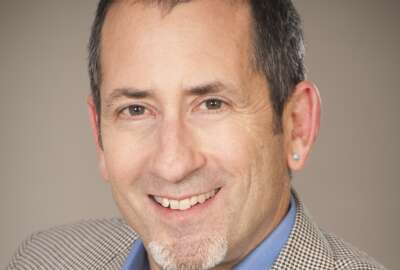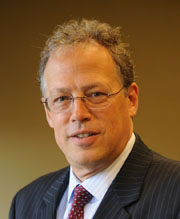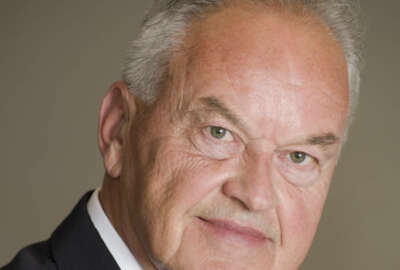
Millionaire feds: How to cope
Want to know what the neighborhood millionaire looks like in the morning? Senior Correspondent Mike Causey says look in your bathroom mirror for a clue.
Most people don’t go into government service to get rich. Motives for entering the civil service vary from job security, to the variety of things feds can do (rocket scientist, park ranger, CIA operative, geologist, investigator, air traffic controller, firefighter, IT specialist. You name it, Uncle Sam does it. People often get paid to do the dream job they’ve wanted since childhood. And that’s nice.
For others, in a fed-heavy place like the D.C. area, federal employment is logical. People may come from a federal family and appreciate the benefits of a government job, including the vacation plan, sick leave, holidays and health insurance that is often better and less expensive — especially in retirement — than the private sector. A federal annuity is for life and indexed to inflation. It’s about as safe an investment as one can find.
Many feds go through life thinking of themselves as the poorer people in their nice neighborhoods. But over a 20-, 30- or 40-year career (which is not all that unusual) many feds unwittingly build themselves substantial estates. They don’t think of themselves that way, but Tom O’Rourke, an attorney based in Rockville, Maryland, says feds should treat themselves — and their estates — with more respect.
More commentary

2 provisions to FY 2017 NDAA could have big impact for contractors
He’s going to be on our Your Turn radio show today at 10 a.m. The subject is you. Your money. Your Retirement. Your Estate.
Some comedians make light of the I’ve-fallen-and-I-can’t-get-up commercial. But if you’ve been there, or have a relative that has, you know it is not funny. One of the questions O’Rourke deals with when talking to clients is “what happens if you lose the ability to manage your affairs — the importance of financial and medical powers of attorney.” What if you have several children, living in different states. Do you make one of them your executor? If so, which one and why?
O’Rourke tells his federal clients that trusts are not just for rich people. Rich being anybody who makes 20 percent more than you do. He’s going to talk about how a trust can help you manage your assets “and to expedite the distribution of those assets following your death.”
Finally, he points out that your federal benefits package “should be the foundation of your financial, tax and estate plan.” That often surprises feds who take the package for granted and don’t see it as the bedrock of all their financial planning. If you have questions for Tom, you can send them to me (before show time) at: mcausey@federalnewsradio.com, You can listen live at www.federalnewsradio.com or, in the D.C. area on 1500 AM. The show will be archived on our home page so you, or a friend or coworker, can listen anytime.
Nearly Useless Factoid
The word “pajamas” can be traced to a Persian root-word that means “leg-garment”.
Source: Wikipedia
Copyright © 2025 Federal News Network. All rights reserved. This website is not intended for users located within the European Economic Area.
Mike Causey is senior correspondent for Federal News Network and writes his daily Federal Report column on federal employees’ pay, benefits and retirement.
Follow @mcauseyWFED




